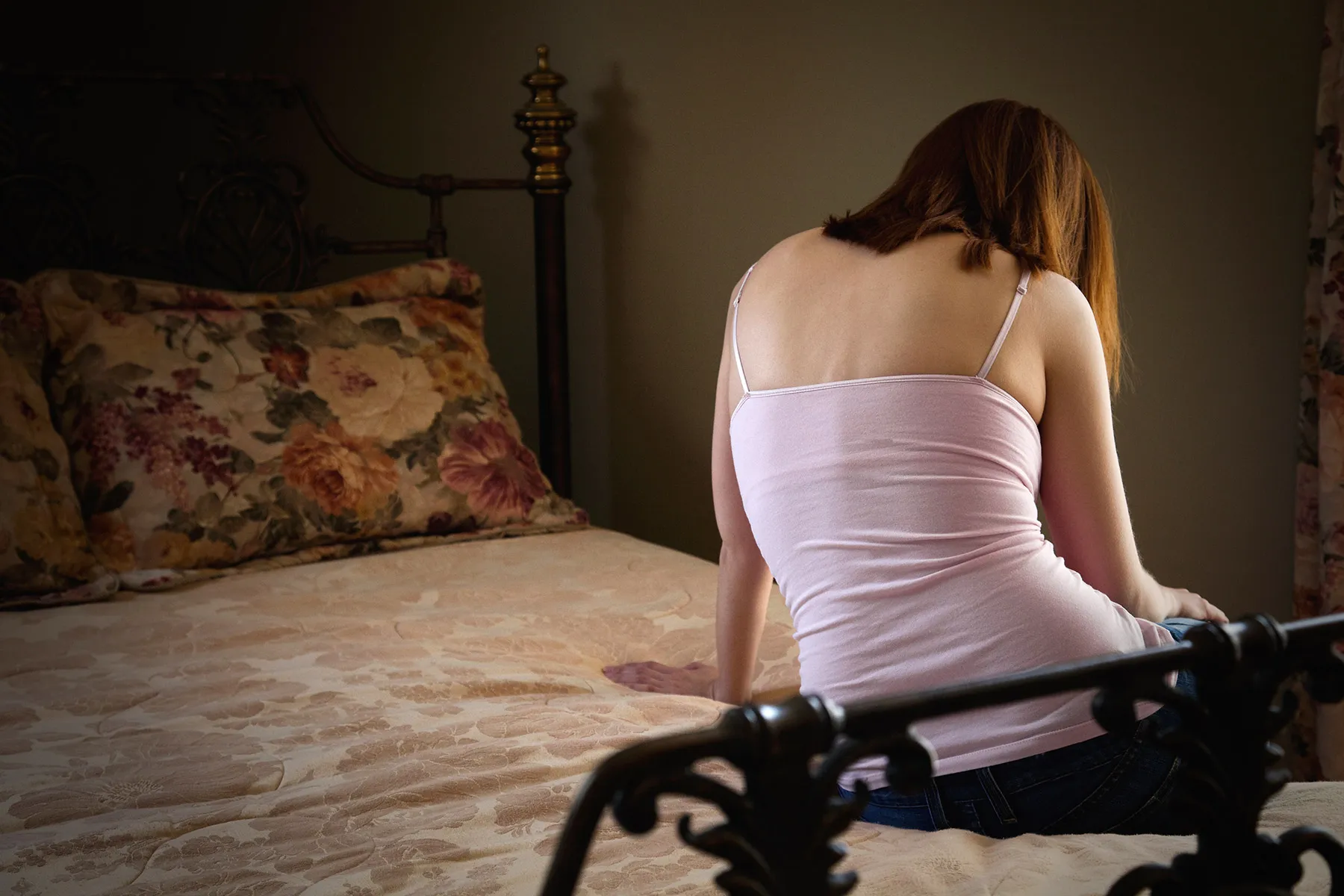Portland Struggling to Staff New Gun-Violence Team and Tackle Rising Crime
As violence continues to rise in Portland, city leaders are hard-pressed to find officers for a resurrected gun-violence police unit amid increased public scrutiny and low police morale.

After a year of growing tension within the Portland Police Department, city leaders can’t find enough officers to join a resurrected police unit focusing on gun violence to combat the city’s rising homicide rate, reports the Wall Street Journal. Since 14 job openings were announced in May, only four police personnel have applied to work with the new version of Portland’s Gun Violence Reduction Team, which was shut down last year amid long-running protests seeking racial justice and an overhaul of police practices. None have yet been assigned. Portland officers say such positions, once considered prestigious, are now less desirable, given the increased scrutiny.
The new unit has its own citizen-advisory board, instituted after the old unit was criticized by city leaders for racial profiling. A job description says qualifications include the ability to fight systemic racism. Jami Resch, assistant chief of the Portland Police Bureau’s investigations branch, said criticism of the old unit and uncertainty surrounding the new one and its relationship with the oversight committee, as well as an overall decrease in officer morale, have slowed applications. With 53 homicides so far this year, Portland is on pace to surpass its all-time high of 70 in 1987. Following calls to defund the police, the Portland City Council last summer voted to cut $15 million from the police department, including the 38-person gun-violence team, which they criticized for racial profiling. In 2019, 52 percent of the team’s stops were of Black people, who make up 5.8 percent of the city’s population. However, Resch said the gun-violence team’s work in the past benefited minority communities, as shootings have disproportionately affected the 23 percent of Portland’s population that is nonwhite.

 Landwebs
Landwebs 





















